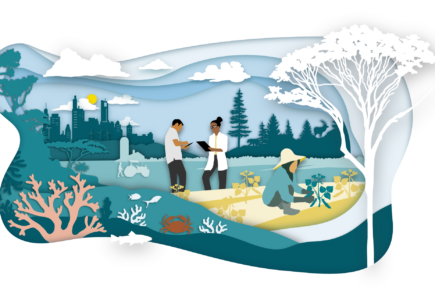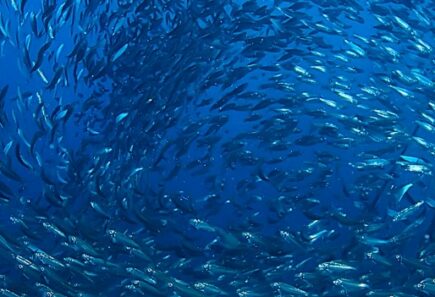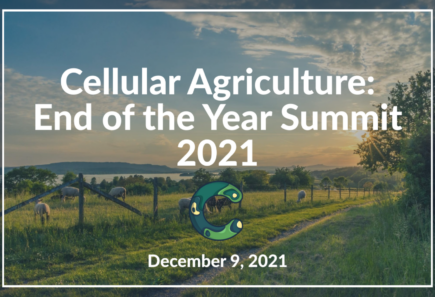Anticipating 2030 production requirements for plant-based meat
Join us for a review of key insights from GFI’s recent report estimating production targets the industry must meet to satisfy anticipated global market demand for plant-based meat by 2030.




